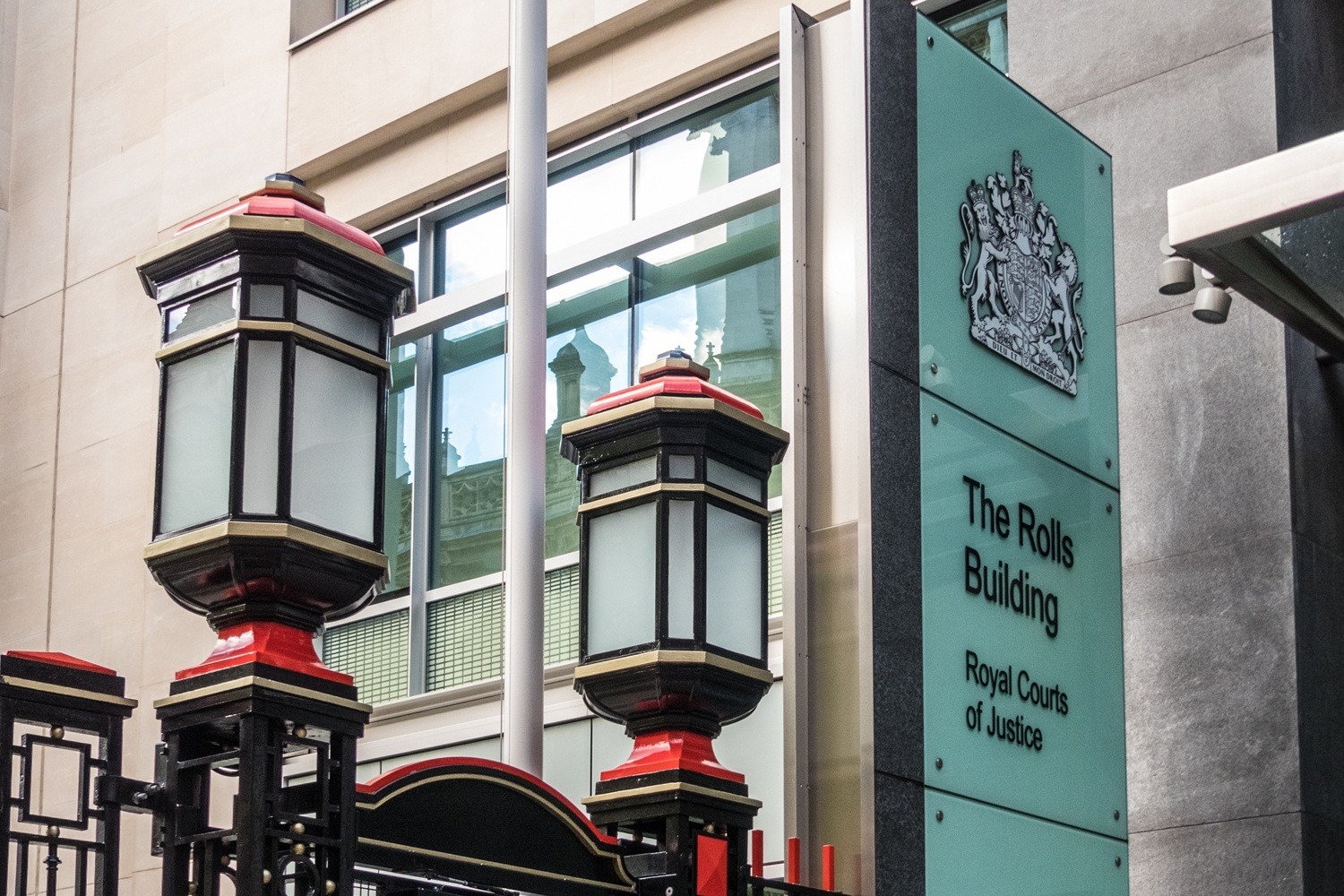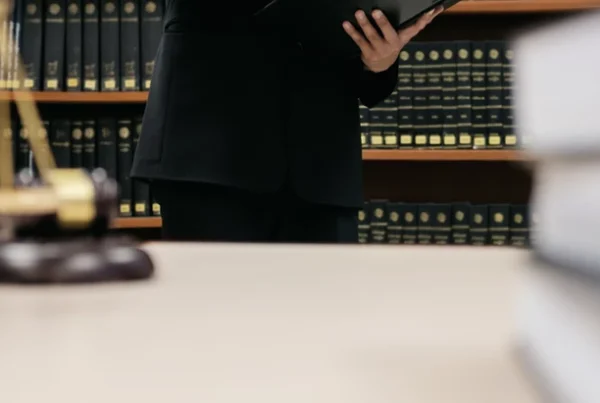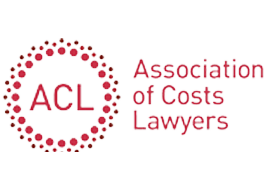Athene Legal are regularly instructed by law firms to advise on legal costs in intellectual property disputes. Our costs lawyers collaborate with solicitor firms in London and often US firms to deal with all aspects of costs arising from trade mark, copyright and design cases.
Our work generally involves preparing Precedent H costs budgets for costs and case management hearings and dealing with detailed assessment proceedings arising from large-scale and multi-jurisdictional cases in the Intellectual Property List in the Business and Property Courts division of the High Court, where the costs are often substantial.
Venue: Intellectual Property Enterprise Court (‘IPEC’) or High Court
Intellectual property cases may proceed in either the IPEC or the High Court.
The IPEC hears cases in the Rolls Building of the Royal Courts of Justice in London. It is possible for cases to be heard in other parts of England and Wales upon request. As the IPEC only hears intellectual property claims, the IPEC judges are generally IP law specialists.
The High Court also generally hears cases in the Rolls Building, but again it is possible for cases to be heard in other parts of England and Wales upon request. Whilst there are specialist High Court Masters and Judges who hear cases in the Intellectual Property List, it is possible that a non-specialist IP Master or Judge will hear the case.
The main features and characteristics in each phase of the proceedings are as follows:
| IPEC | High Court | |
| Statements of Case | Parties are required to set out their claims concisely in their pleadings or statements of case. Documents relevant to the claims should also be provided at this stage. The statements of case may be ‘front-loaded’ and require sufficient detail. Parties generally need approval from the Court to amend their statements of case, and this should ordinarily be done no later than the case management conference. | The parties are again encouraged to set out their claims concisely, and there is a requirement in most cases to provide initial disclosure, including all documents referred to or relied upon in a statement of case. Parties can agree to amendments to the statements of case or apply to the Court if there is a dispute. |
| Disclosure | There is no automatic disclosure provision in the IPEC; however, it is likely that the parties will be ordered at the CMC stage to disclose documents which are adverse to their case or which support the other party’s case. Disclosure is only ordered if necessary and if the costs are not disproportionate to the benefits which are likely to be achieved. Where disclosure is ordered, parties must disclose documents relating to outstanding issues to be determined at trial. As such, disclosure is carried out in a carefully structured and targeted way. | Proceedings in the High Court involve a detailed and formal disclosure process. Generally, the parties engage in a disclosure process, identifying in a Disclosure Review Document issues where disclosure will be relevant, the type of documents being searched for, the names of document repositories to be searched and keywords or phrases to narrow these searches. This process is in addition to the initial disclosure both sides provide with their statements of case. The disclosure exercise may involve the use of a third-party data hosting platform, such as Relativity, for electronic disclosure. These fees should be included in the costs budget. The costs of the disclosure exercise are often substantial in the High Court. |
| Witness Statements | Witness statements are carefully controlled in the IPEC. Witnesses will typically give evidence on specific issues which need to be determined at trial, and witness statements are also limited in page numbers. | The parties typically suggest which witnesses are required to give evidence for the Court to approve. Witness statements should only deal with facts and disputed issues and should refer to documents only in limited circumstances and only when known to the witness. In our experience, witness statements in High Court proceedings involve a significant amount of work, and the costs are often surprisingly greater than one might initially foresee. |
| Expert Evidence | Expert evidence is not always required. The expert evidence is tightly controlled in the IPEC. If both parties seek expert evidence, this will be determined by the Judge at the CMC. | Again, expert evidence is not always required, though it is more common in the High Court. The Court encourages the parties to have a single joint expert to reduce costs; however, parties can each have an expert on the same issue. |
| Trial | IPEC trials generally last either 1 or 2 days. In limited circumstances, and if there is good reason, a 3-day trial may be listed, and this will be decided by the Judge at the CMC. | It is usual for a trial to be split into a liability-only trial and a quantum trial. Procedural stages regarding quantum only begin after a finding of liability has been reached. The quantum stages may include an inquiry as to damages and/or an account of profits. There is no minimum or maximum trial length in the High Court; a liability-only trial could be heard over 3 to 6 days, but in some cases, they can last for much longer and possibly several weeks. |
| ADR / Settlement | Settlement and ADR are encouraged, but often parties push ahead to the CMC prior to engaging fully with settlement discussions. This is partly due to the costs of the proceedings being capped (as explained further below). Despite this, most cases settle before trial. | Again, settlement and ADR are encouraged, and parties have the option to request a stay before the CMC to engage in settlement discussions. Parties should be keener to try to settle the claims at an earlier stage in High Court proceedings given their costs exposure is far greater. Settlement discussions may include proposals to rebrand, but negotiations are not always straightforward, particularly in multi-jurisdictional claims, where the negotiations can involve issues wider than just the UK proceedings. |
| Damages | The IPEC has a £500,000 cap on damages or an account of profits. In claims where the damages or an account of profits figure is less than £10,000, proceedings will take place in the small claims track, where recovery of costs is minimal. | There is no cap on the damages or an account of profits figure in the High Court. |
Costs in the IPEC
In intellectual property disputes in England and Wales, the general rule is that the losing party will pay the successful party’s costs. However, the rules concerning the recoverability of costs in the IPEC and the High Court are different.
In the IPEC, which is designed to handle lower-value IP disputes, there are strict caps on recoverable costs to ensure litigation remains proportionate and accessible.
For IPEC multi-track claims, costs recovery is limited to £60,000 for the determination of liability. Costs are determined by a sum for each stage of the proceedings up to a total maximum of £60,000. A further cap of £30,000 applies for an inquiry as to damages. These caps are broken down by stages of litigation, as per the table below.
Up to determination of liability:
| Stage of claim | Amount of costs |
| Particulars of claim | £9,000 |
| Defence and counterclaim | £8,000 |
| Reply and defence to counterclaim | £7,000 |
| Reply to defence to counterclaim | £3,500 |
| Attendance at case management conference | £6,000 |
| Making or responding to an application | £4,000 |
| Providing or inspecting disclosure or product/process description | £6,000 |
| Performing or inspecting experiments | £3,000 |
| Preparing witness statements | £8,000 |
| Preparing experts’ report | £9,000 |
| Preparing for and attending trial and judgment | £20,000 |
| Preparing for determination on the papers | £5,500 |
| Total which the court will award up to determination of liability | £60,000 |
Inquiry as to damages or account of profits:
| Stage of claim | Amount of costs |
| Points of claim | £4,000 |
| Points of defence | £4,000 |
| Attendance at a case management conference | £5,000 |
| Making or responding to an application | £3,000 |
| Providing or inspecting disclosure | £3,000 |
| Preparing witness statements | £6,000 |
| Preparing experts’ report | £7,000 |
| Preparing for and attending trial and judgment | £10,000 |
| Preparing for determination on the papers | £3,000 |
| Total which the court will award up to determination of damages | £30,000 |
The costs listed in the tables above do not include court fees payable, which are recoverable in addition.
In the small claims track of the IPEC, which deals with claims valued at £10,000 or less, costs recovery is limited and generally only includes court fees, a small amount for legal advice, and certain expenses.
Costs in the High Court
Costs in the High Court are not capped and are, technically, unlimited. However, the High Court generally requires the parties to serve costs budgets which are approved at the first costs and case management conference. Costs budgets are usually set up to the liability trial. Once approved, a party cannot recover more costs for each stage of the proceedings than the costs in the approved costs budget, unless there is good reason to depart from the approved amount. By way of example, a good reason may be the fact that a trial overran and lasted for 5 days whereas it was only listed for 4 days.
Costs in the Intellectual Property List in the High Court are often substantial. The complex nature of intellectual property cases normally results in large amounts of costs being incurred in the issue/statements of case phase, especially given the initial disclosure that takes place, as well as in the disclosure, witness statements, trial preparation and trial phases. For more complex cases, it is not uncommon for a party to instruct two barristers, often one leading counsel and one junior counsel.
In detailed assessment proceedings, submissions made by paying parties often include objections to the hourly rates charged by the solicitors, as well as challenges to any costs claimed in the bill of costs which are in excess of the approved Precedent H costs budget.
We’re Here to Help
At Athene Legal, we assist our clients with all aspects of costs budgeting, including the preparation of Precedent H costs budgets and Precedent R budget discussion reports for the costs and case management hearing.
We also represent both paying and receiving parties in detailed assessment proceedings, involving the preparation of detailed bills of costs that justify and support the costs claimed and the drafting of robust points of dispute or reply.
What we do best is provide our clients with pragmatic advice on what amount the court is likely to allow at assessment and give our clients every chance of settling the costs claim without the need for a detailed assessment hearing.
To discuss how we can assist with your costs matters, please contact Tyler McEwen at tyler@athenelegal.co.uk or call 0207 459 4843. For more information about Athene Legal or to learn more about Tyler, visit our About page.






